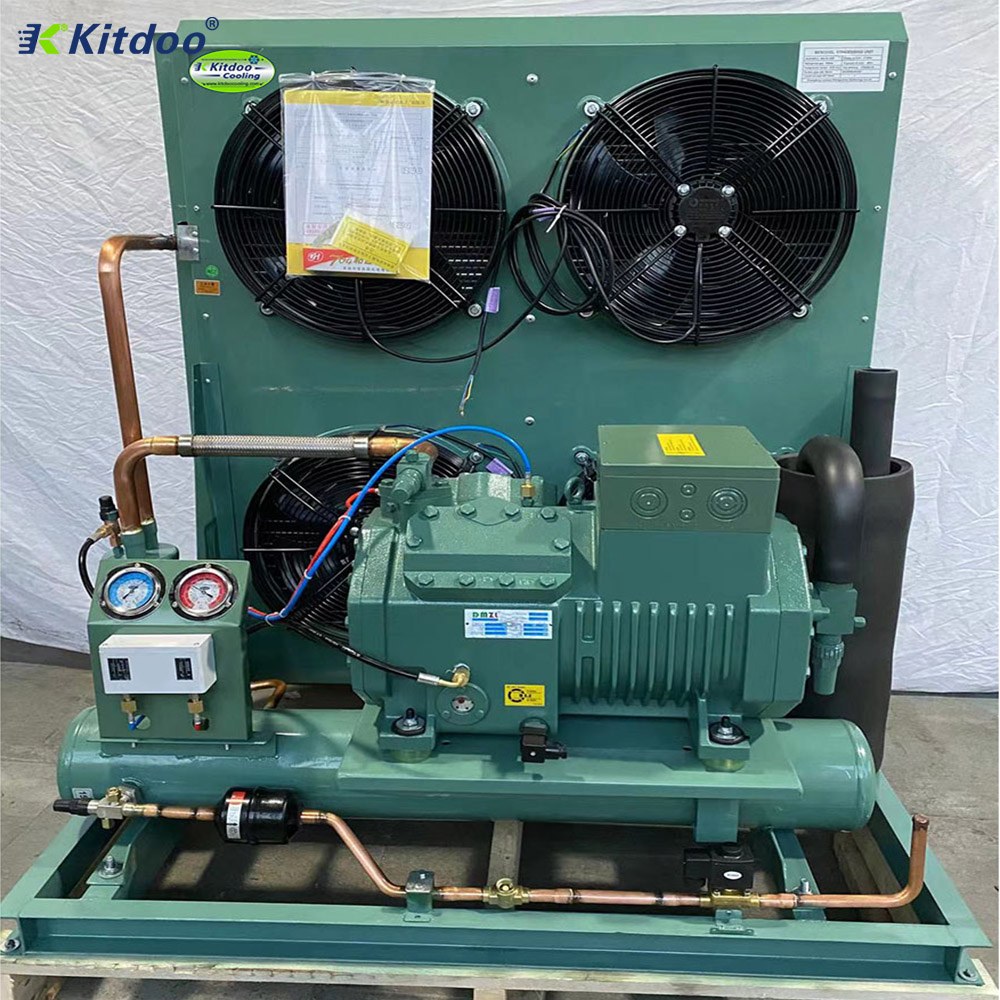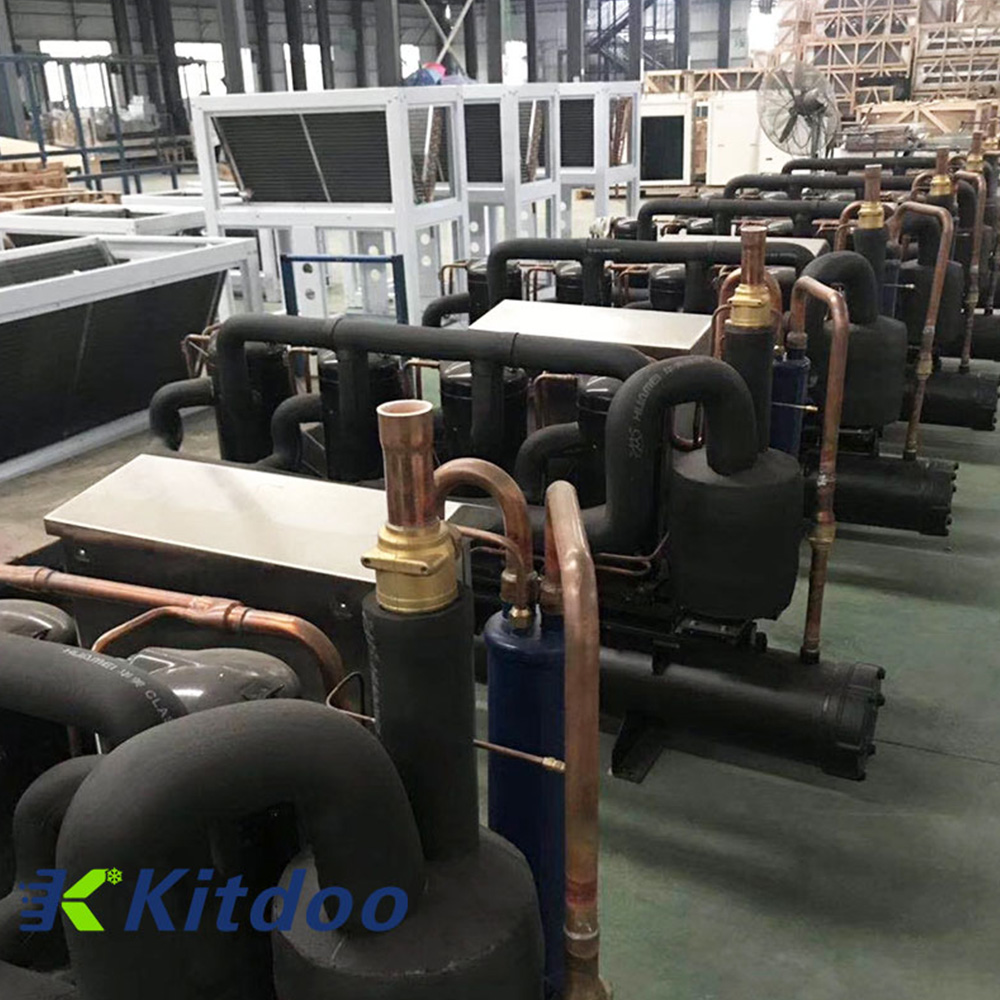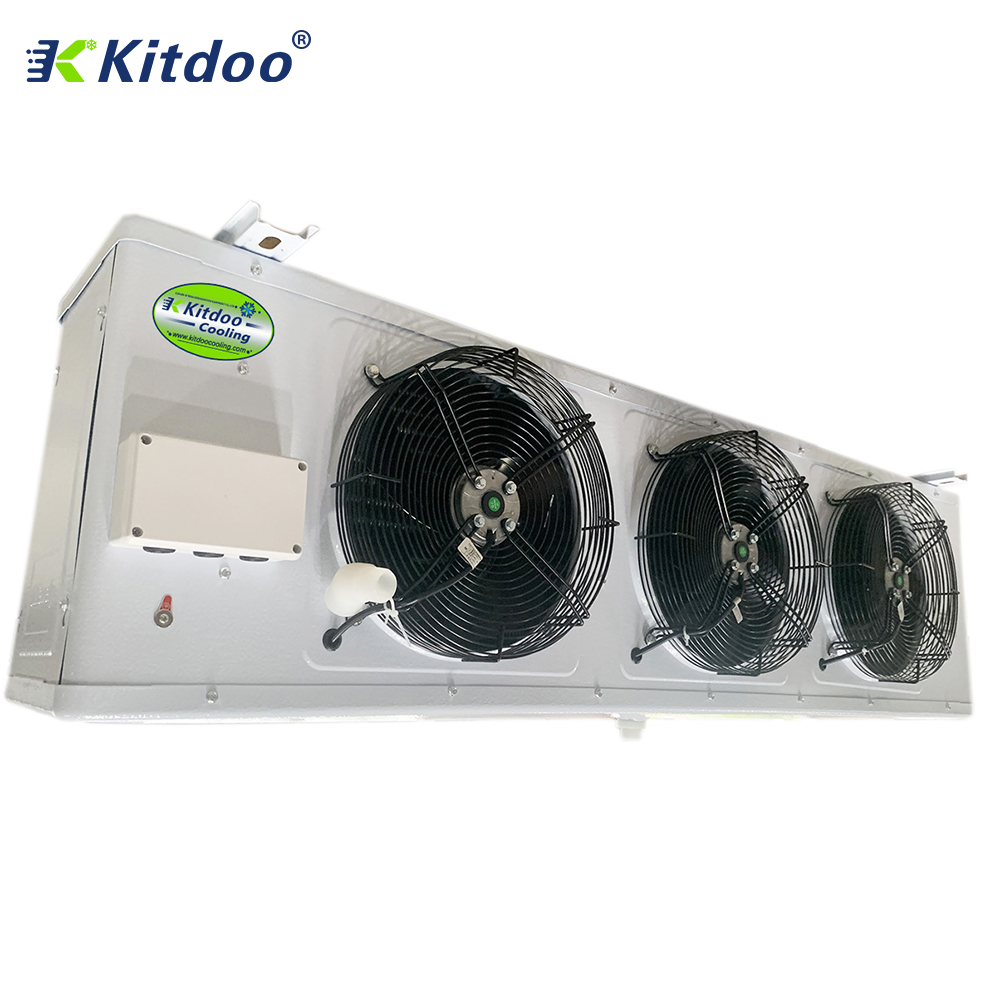The existence of non-condensable gas will do great harm to the refrigeration system, which is mainly manifested in the increase of system condensation pressure, condensation temperature, bitzer compressor exhaust temperature and power consumption. Nitrogen enters the cold room evaporator and cannot evaporate with refrigerant; It will also occupy the heat exchange area of the cold room evaporator, making the refrigerant unable to fully evaporate and reducing the refrigeration efficiency; At the same time, too high exhaust temperature may lead to the carbonization of lubricating oil, which will affect the lubrication effect, and in serious cases, burn down the refrigeration compressor motor.

2 Effect of oxygen on refrigeration system
Oxygen and nitrogen are also non-condensable gases. We have analyzed the hazards of non-condensable gases above, and we will not repeat here. However, it is worth noting that compared with nitrogen, if oxygen enters the refrigeration system, there are still these hazards:
2.1. Oxygen in the air will react with the refrigerant oil in the refrigeration system to produce organic substances, and finally form impurities, which will enter the refrigeration system, causing dirty and blocking and other adverse consequences.
2.2. Oxygen, refrigerant, water vapor, etc. are prone to produce chemical reactions that form acids and oxidize the refrigerant oil. These acids will damage all components of the refrigeration system and the insulation layer of the motor; At the same time, these acid products will remain in the refrigeration system. At first, there is no problem. Over time, the bitzer compressor will eventually be damaged. The following figure illustrates these problems well.

3 Effect of other gases (water vapor) on refrigeration system
The water vapor affects the normal operation of the refrigeration system, and the solubility in Freon liquid is the smallest, and gradually decreases with the decrease of temperature. The most intuitive effects of water vapor on the refrigeration system are as follows:
3.1. There is water in the refrigeration system, and the first influence is the throttling structure. When the water vapor enters the throttling mechanism, the temperature drops rapidly and the water reaches the freezing point, causing ice formation, blocking the small through-holes of the throttling structure, and causing ice blockage.
3.2. The water vapor of the corroded pipeline enters the refrigeration system, and the water content of the system increases, causing corrosion and blockage of the pipeline and equipment.
3.3 Produce sludge deposits. In the process of compressor compression, water vapor will encounter high temperature and refrigerant oil, refrigerant, organic matter, etc., which will produce a series of chemical reactions, resulting in motor winding damage, metal corrosion and formation of sludge deposits.
To sum up, in order to ensure the effect of refrigeration equipment, prolong the service life of refrigeration equipment and its own safety, it is recommended to vacuum the refrigeration system for normal operation.
